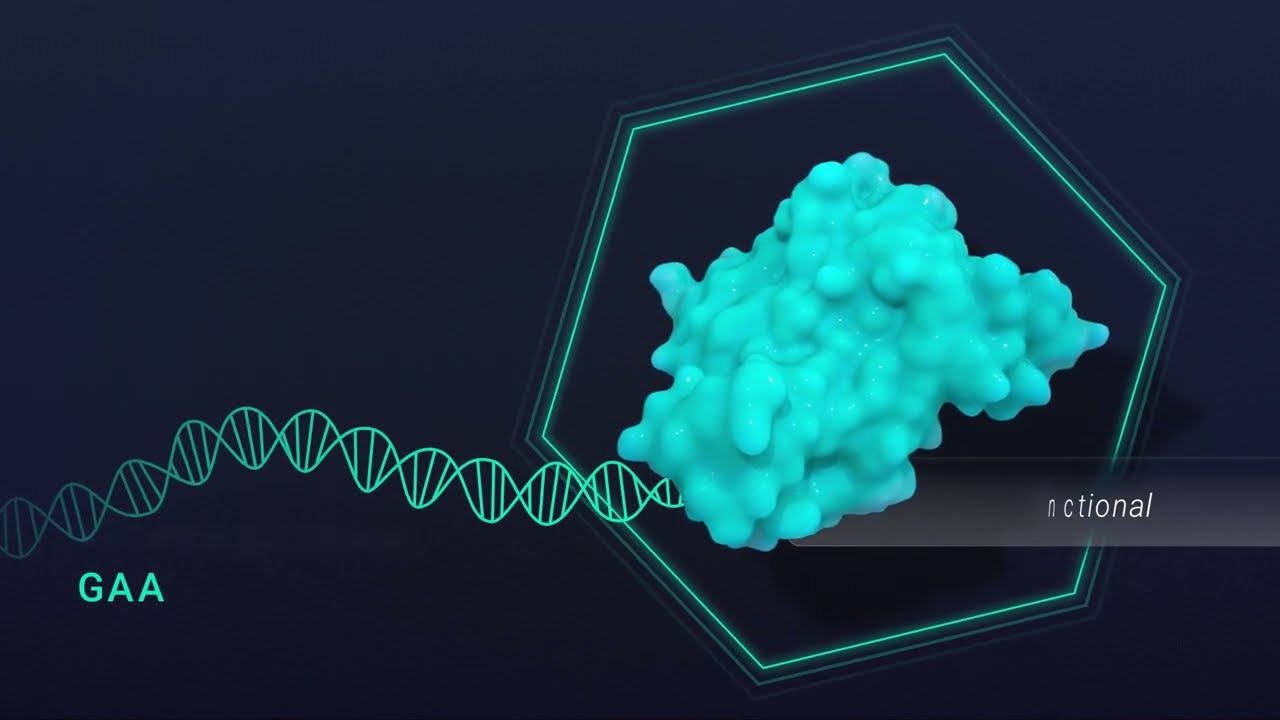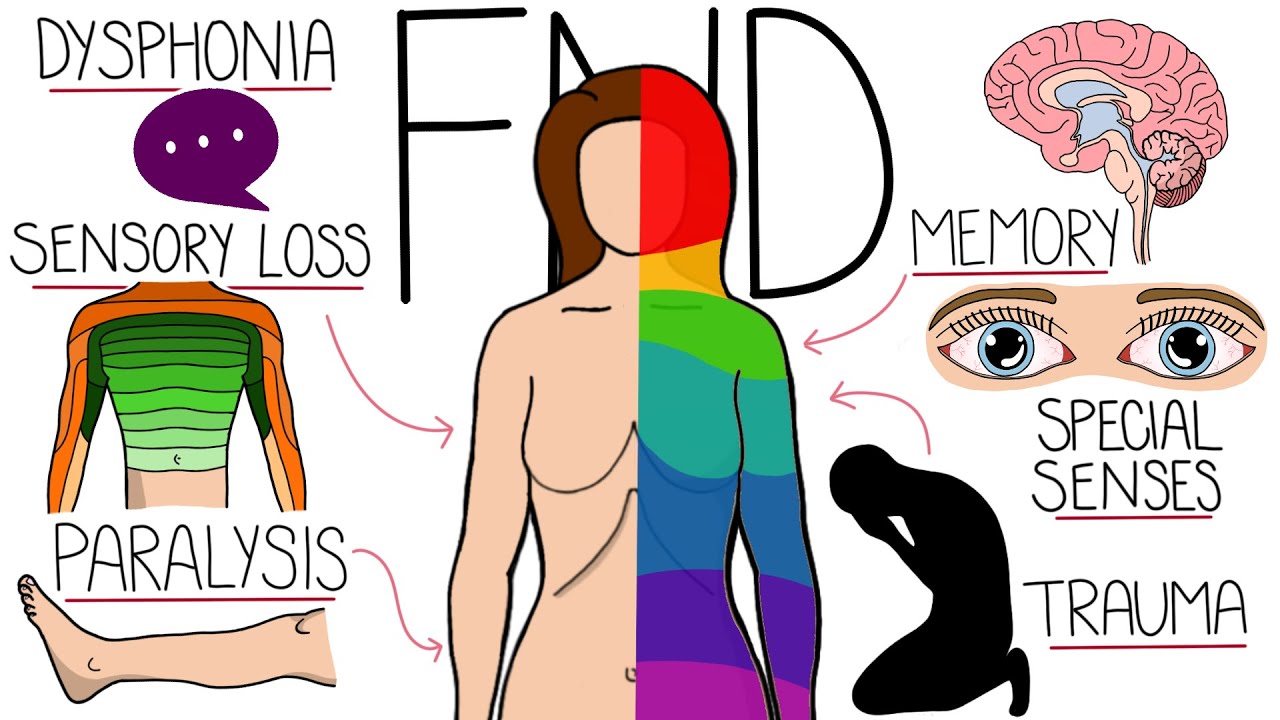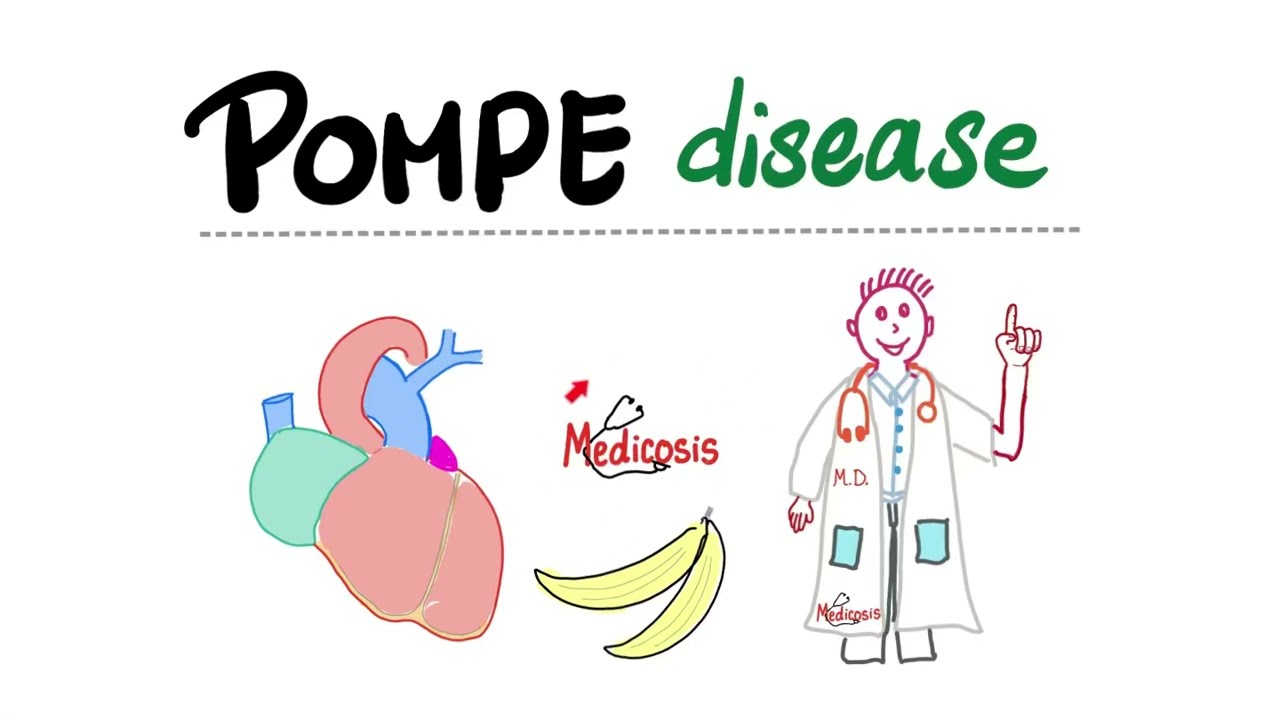The Neurology Channel
December 4, 2013 • Neurology, Oncology, Pathology & Lab Medicine, Reuters Health • The Doctor's Channel Newscast
By Will Boggs, MD
NEW YORK (Reuters Health) –In mice, treatment with tumor necrosis factor (TNF) or lymphotoxin makes the blood-brain barrier (BBB) selectively permeable at metastasis sites, researchers from the UK report.
“That brain metastasis, which is usually a death sentence for the individual affected, might be amenable to current treatments if adjunct therapy to selectively and transiently open the blood-brain barrier is employed,” Dr. Daniel C. Anthony from the University of Oxford, told Reuters Health.
Although the normal adult brain resists the permeabilizing effects of cytokines (such as TNF), early phases of metastasis development in the brain generate a strong inflammatory response and activation of the cerebral endothelium, Dr. Anthony and colleagues explain in their paper in the Journal of the National Cancer Institute online October 9th.
Hoping to capitalize on these changes, the team investigated whether TNF receptors are expressed on metastasis-associated vasculature and whether TNF or lymphotoxin (its endogenous analogue) can permeabilize the BBB specifically at sites of cerebral metastasis to an extent that allows entry of diagnostic agents and anticancer drugs.
Mice injected with breast cancer cells with a predilection to cerebral metastasis developed cerebral metastases, and vessels associated with those metastases expressed TNF receptor 1, but not TNF receptor 2. Neither receptor appeared on normal brain tissue, according to the report.
Administration of TNF or lymphotoxin allowed visualization of metastasis sites due to increased intensity on T1-weighted MRI that was not present before injection of TNF or lymphotoxin.
Similarly, treatment with TNF or lymphotoxin allowed entry of trastuzumab at sites of metastasis. There was no evidence of trastuzumab entry after injection of saline or at nontumor sites.
In human brain biopsies, areas of brain metastasis expressed TNF receptor 1 on endothelium of associated vasculature, as did areas of nonspecific inflammation in a control human brain sample. Normal brain tissue did not express the receptor.
“The work presented here shows a novel approach to facilitating the delivery of therapeutic and diagnostic agents to cerebral metastases by exploiting a previously unknown phenotype of the vasculature of brain metastases,” the researchers conclude. “The identification of a similar vascular phenomenon in human brain metastasis tissue indicates the potential for clinical translation.”
“The next step is really to take this into a small-scale clinical trial,” Dr. Anthony said. “We are performing some more experiments in mice with some sub-receptor selective agonists to discover whether we can create a similar breakdown with compounds that are likely to have a wider therapeutic index. However, we are seeking funding and ethical approval to take this forward.”
These findings might also have implications for other inflammatory brain diseases. “While TNF receptors are selectively upregulated in, and immediately adjacent to, metastatic tumors, we suspect that blood vessels in other diseases with an inflammatory component may well selectively upregulate TNF receptors in areas of active pathology,” Dr. Anthony said. “It is possible that more selective molecules that target downstream pathways might open the blood-brain barrier in a transient manner that could enable the delivery of therapies that are normally excluded.”
Source: Selective Permeabilization of the Blood–Brain Barrier at Sites of Metastasis
J Natl Cancer Inst 9 October 2013.







